I am fast becoming a disciple of Flow. I believe I have referred to it elsewhere in these articles as "muscle memory". Now, having read up on facts due to a rogue podcast I stumbled on, I prefer this definition. It carries a sustained rather than an only reactive connotation which I feel matches the true experience. The facts I will spare you, not only because I am still digesting them and frankly they are not entirely in my possession yet, but mainly because it is a bad habit to develop a habit and then a theory to justify it. It happens with coffee and chocolate, say. First you drink/eat it, then you look up the unfailingly scientific article on why it's good for you.
|
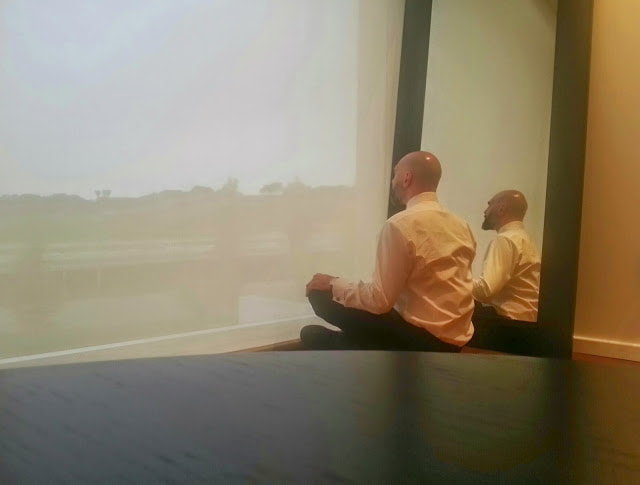



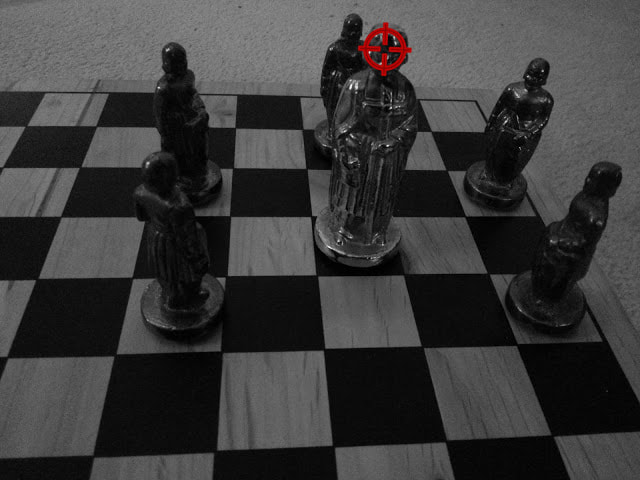





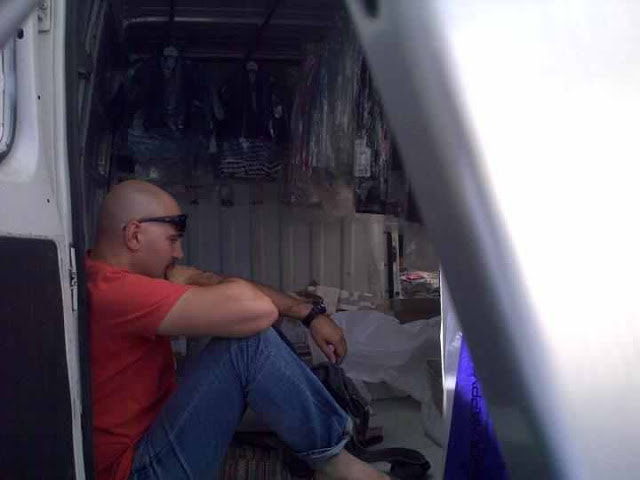
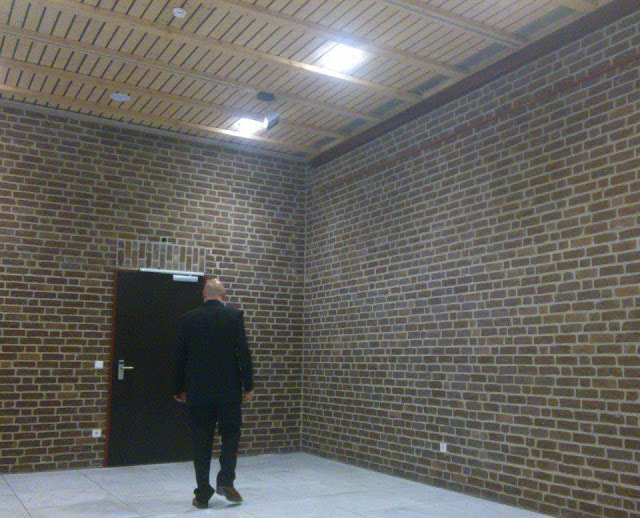
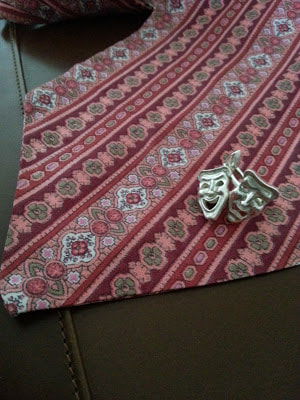
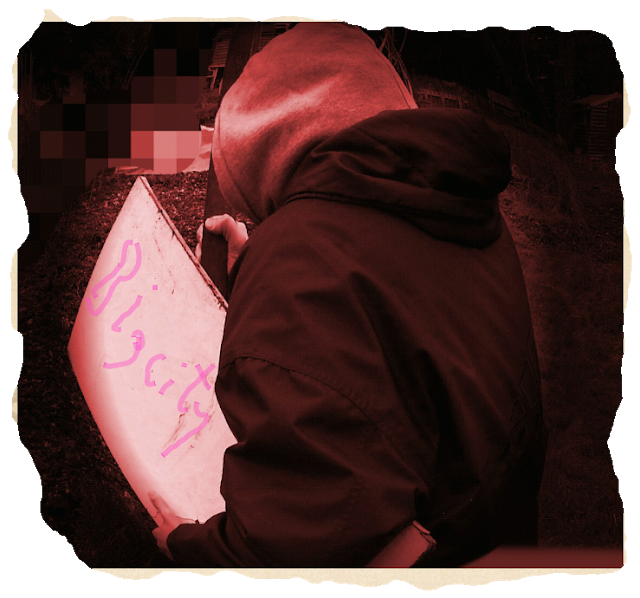
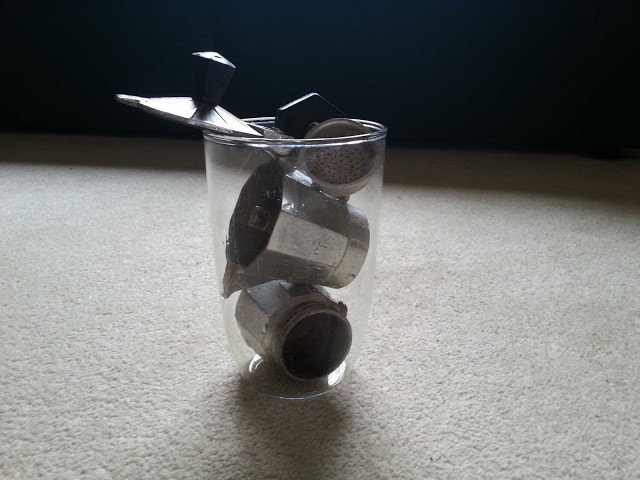
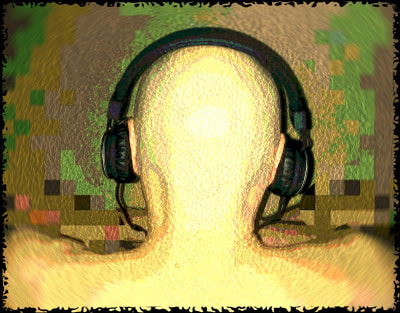

 RSS Feed
RSS Feed